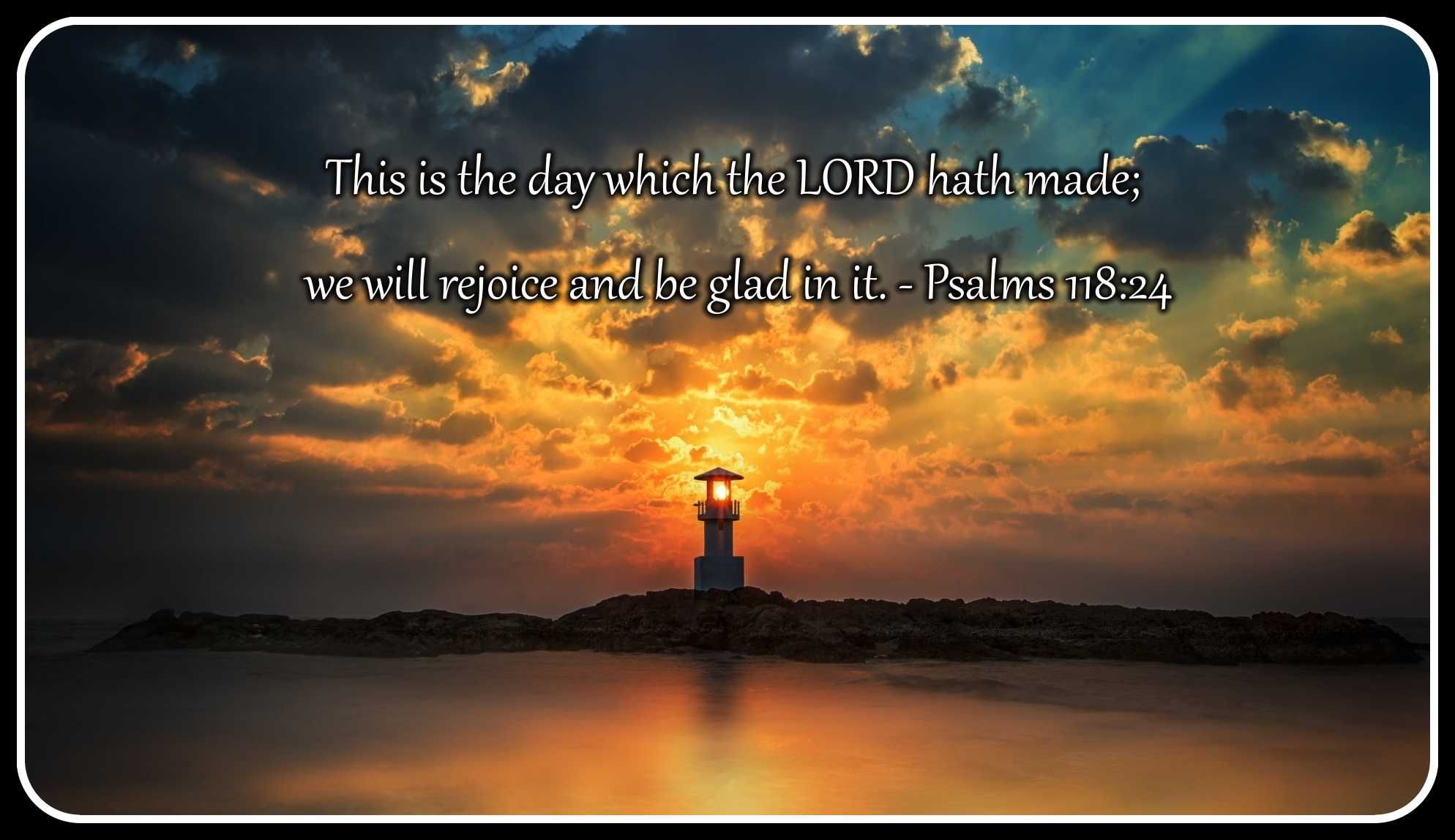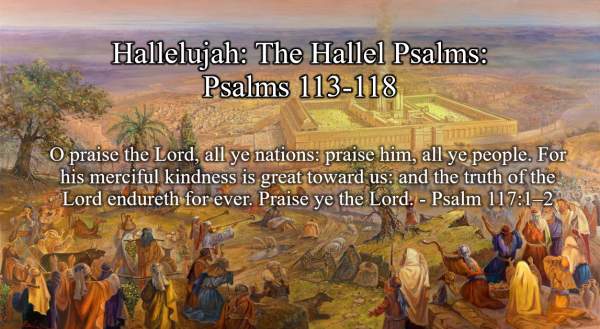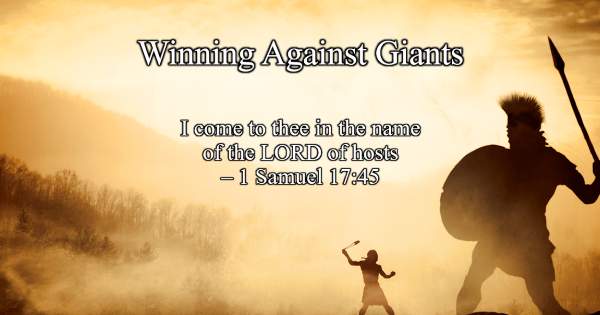This is The Day The Lord Has Made
This is the day which the LORD hath made; we will rejoice and be glad in it.- Psalms 118:24
Today the Hallel Psalms 113–118 are sung in millions of Jewish homes and synagogues at Passover, Pentecost, and Tabernacles and many other Holy Days. At Passover, Psalms 113–114 are sung in the home before the meal, and Psalms 115–118 are sung after the meal.
When they come to Psalms 118:22-24, they sing, “The stone which the builders refused is become the head stone of the corner. 23 This is the LORD's doing; it is marvellous in our eyes. 24 This is the day which the LORD hath made; we will rejoice and be glad in it.
They read it but they don’t recognize it's truth for it is speaking of their Messiah who already has come. He is the rejected stone that their forefathers, the builders, rejected. And so they miss the miracle of vs 23, “This is the Lord’s doing, it is marvellous in our eyes.” They miss the day of their own personal salvation when they see Jesus as Savior. Then vs. 24, would have such meaning and fulfillment to them, “This is the day that the Lord has made, we will rejoice and be glad in it.”
Our Own Day of the Lord
That Day of The Lord, is yet to fully come for the nation Israel. One day when Jesus returns they will see the rejected stone as their Messiah, but I also can’t help but wonder how many of us have also missed our own day that the Lord has made. The day when we truly see Jesus and in Him we find our salvation, that day of rejoicing because we realize that forgiveness, reconciliation, and the washing away of sin is completed in the Lord. It is Christ’s work in us and it is truly a marvel, a miracle when we see it happen to us.
You may think like the Jews of Jesus time that you have it pretty much figured out, who Jesus is, what Jesus did and how Jesus fits into your life. But if you don’t see him as Lord and Savior, if you don’t see Him as the One who died to pay the ransom by His shed blood then you'll miss Him and won’t cry out, “Hosanna, Please Lord, save me now” for your salvation.






